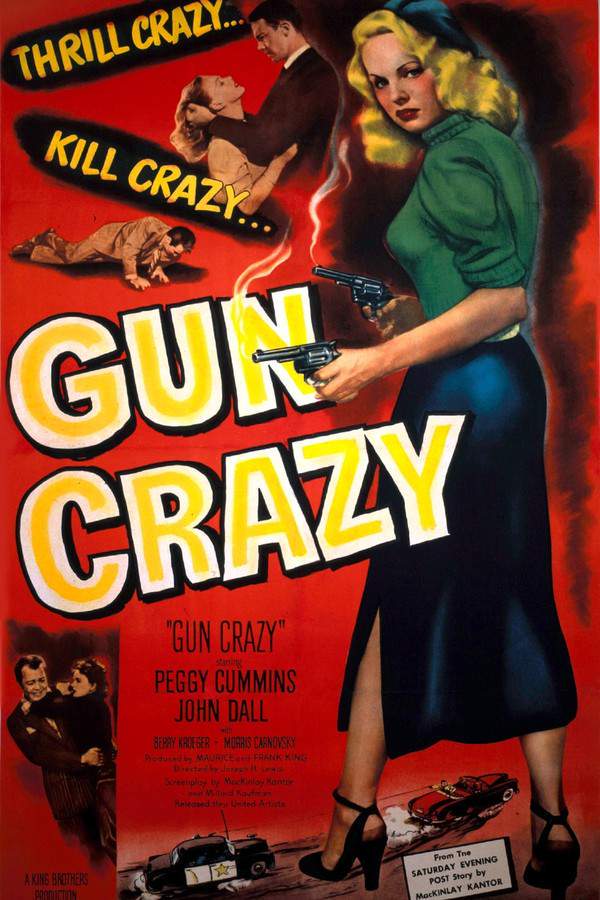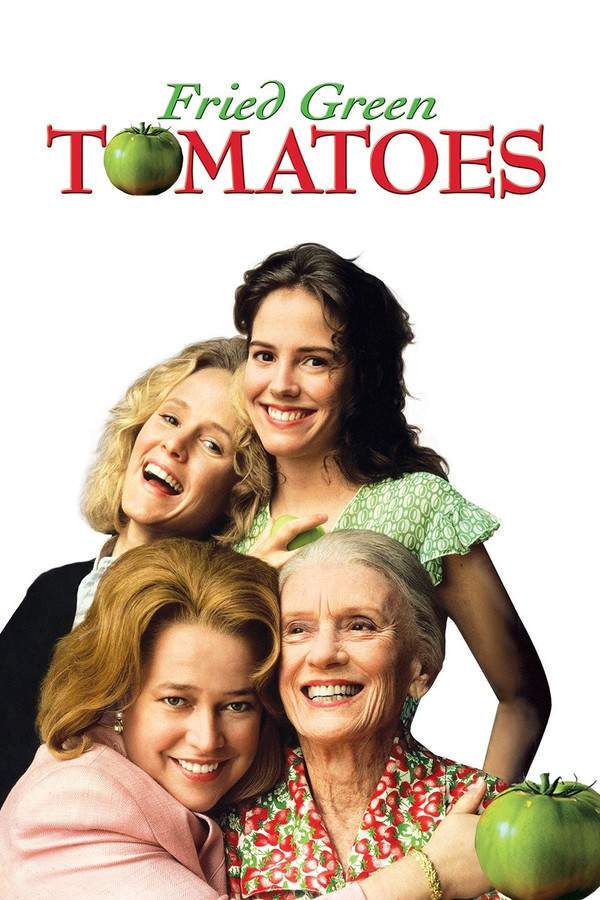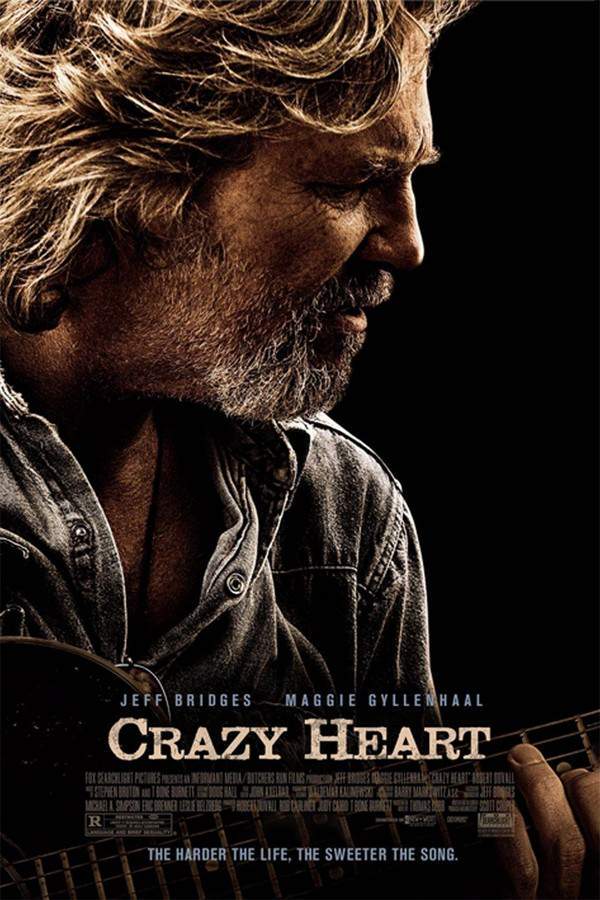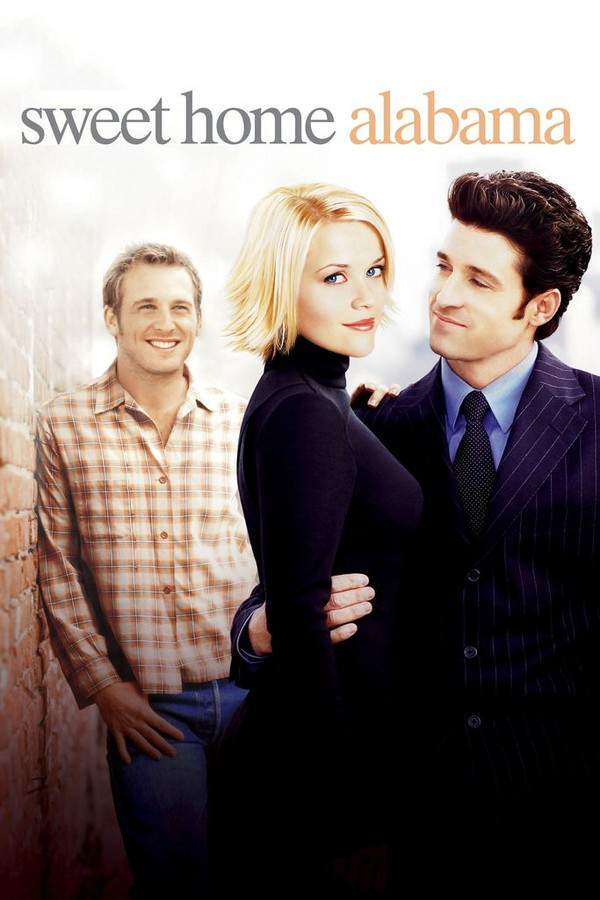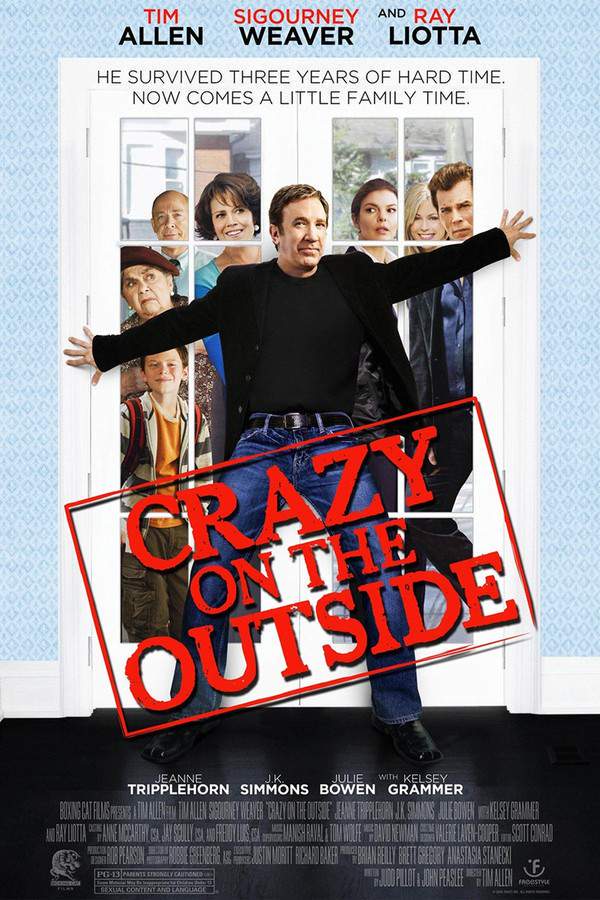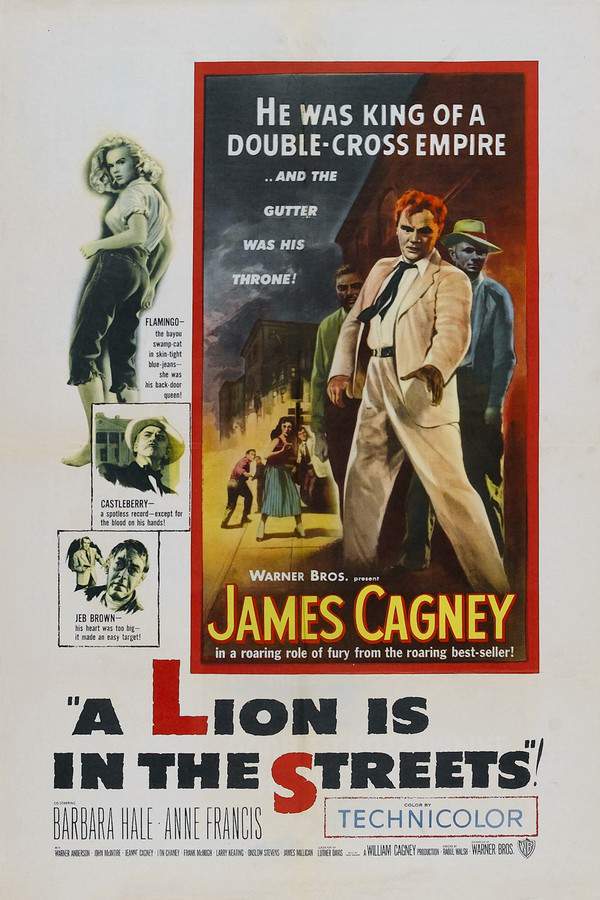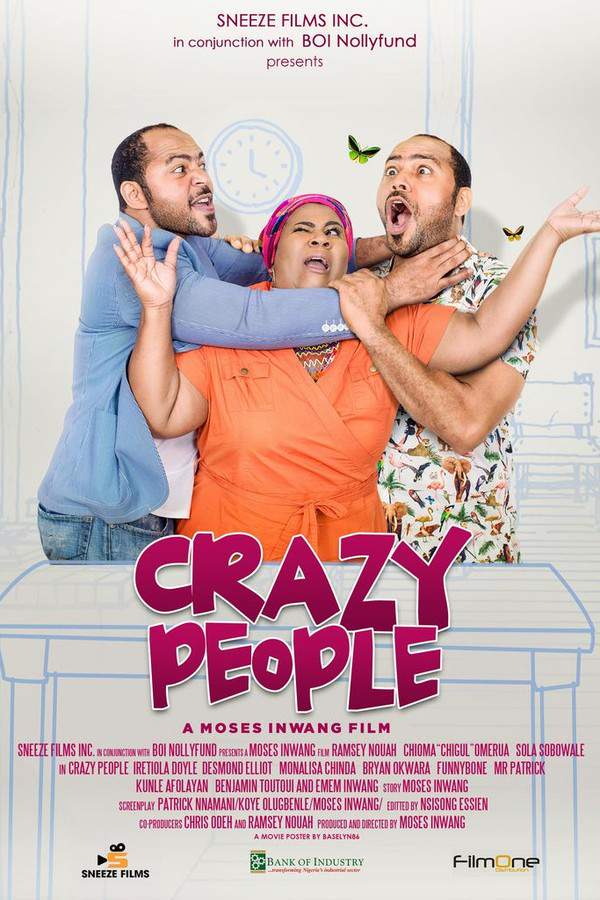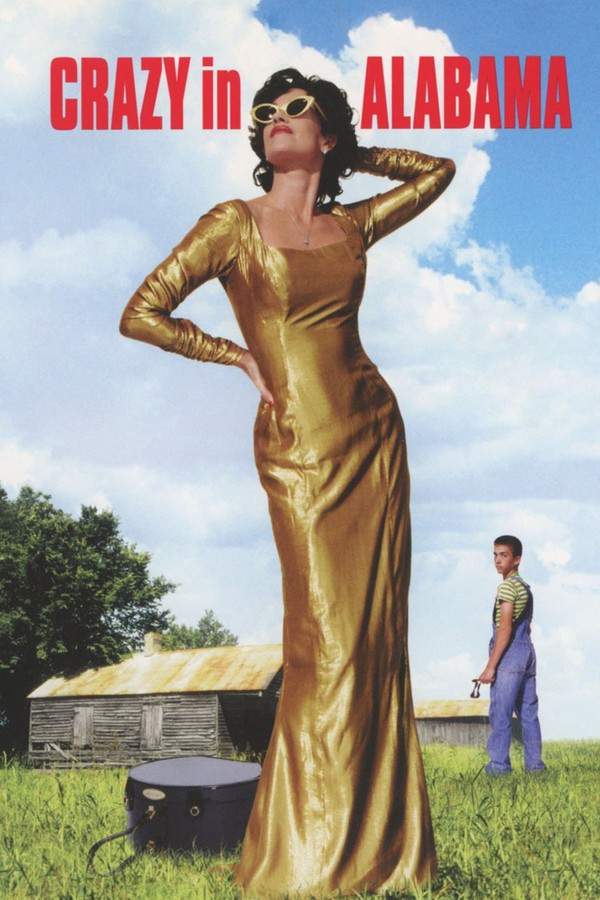
Crazy in Alabama 1999
Made by
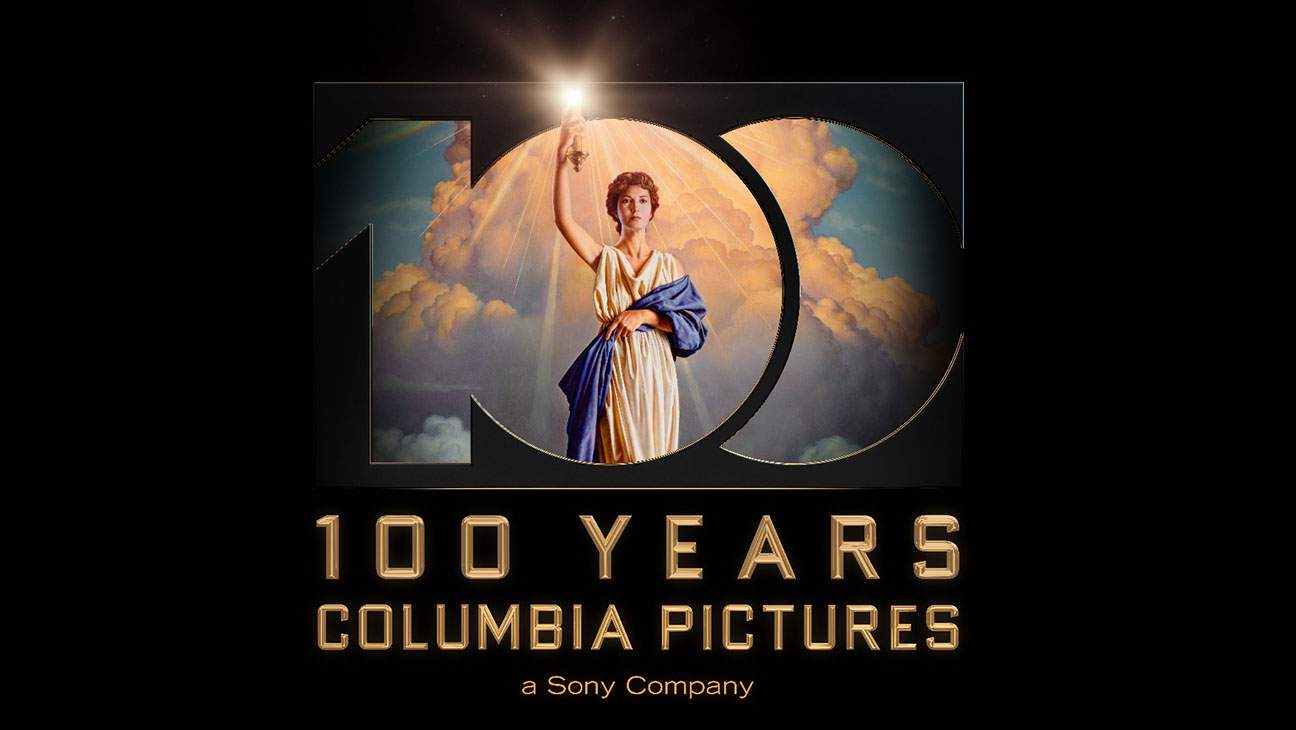
Columbia Pictures
Test your knowledge of Crazy in Alabama with our quiz!
Crazy in Alabama Plot Summary
Read the complete plot summary and ending explained for Crazy in Alabama (1999). From turning points to emotional moments, uncover what really happened and why it matters.
This film intricately weaves the stories of its two protagonists—Peejoe Bullis (Lucas Black](/actor/lucas-black)) and his brother Wiley (David Speck), who are orphaned siblings under the care of their grandmother (Sandra Seacat).
Their lives take a dramatic turn when Lucille Vinson (Melanie Griffith), their aunt, commits murder by killing her husband Chester, who had been an obstacle to her Hollywood dreams of featuring in a sitcom called Bewitched with a promising two-episode role. After killing Chester and concealing his head in a Tupperware container, Lucille leaves her seven children in their grandmother’s care, leaving Peejoe and Wiley without a place to stay. Consequently, they move in with Uncle Dove (David Morse) and his wife Earlene (Cathy Moriarty). Uncle Dove informs Sheriff John Doggett (Meat Loaf) that they are unaware of Lucille’s whereabouts.
As Lucille journeys to Hollywood, she eerily hears Chester’s head, voiced by Brent Briscoe, making sarcastic remarks to her. While at the Fleur de Lys hat shop, she initially encounters an assistant with a sharp tongue, but things take a turn when she ends up spending five hundred dollars on a couture hat to store Chester’s head. Lucille’s misfortunes continue as she steals money and a car from a rude bartender after provoking his ire.
At a roadside coffee shop, the waitress Sally (Fannie Flagg) empathizes with her and offers her a meal on the house, recognizing Lucille’s plight. However, Lucille’s troubles escalate when she gets pulled over by the police and cunningly manages to handcuff the officer, leaving behind his gun at the station in a fit of desperation.
Back in Alabama, Peejoe observes the illegal voting registrations amidst a racially charged atmosphere, as he grapples with the murder of 17-year-old Taylor Jackson (Louis Miller) by the sheriff. This event shakes the town and hurls Peejoe into the spotlight, as he reluctantly becomes associated with the civil rights movement.
Despite the turmoil, Lucille finds fleeting joy and mischief in Vegas, where she revels in gambling and romance with a charming bellboy. Her arrival in Hollywood, while filled with hopes and dreams, leads her to confront difficult social dynamics, including the rude actress Joan Blake (Elizabeth Perkins) on set.
Meanwhile, back in Alabama, Earlene expresses her frustrations over Peejoe’s activism as they gather to witness Lucille’s televised appearance, unwittingly weakening their familial bonds. In a twist of fate, Lucille finds herself in a precarious situation on the Golden Gate Bridge, where she loses her money while attempting to dispose of Chester’s head, leading to her ultimate discovery by police.
The narrative escalates during Lucille’s trial, where she defends herself by painting a portrait of her abusive marriage, likening Chester’s oppressive nature to that of famous cinema icons. Trouble brews as the jury struggles to empathize, culminating in a guilty verdict.
This overwhelming series of events leads to an eccentric Judge Louis Mead (Rod Steiger), who—after lengthy deliberation—issues a suspended sentence of five years’ probation instead of the electric chair, citing Lucille’s non-violent nature directed mainly towards her husband.
The film concludes with Lucille reuniting with her children, leaving the courtroom to a mix of disbelief and relief. Meanwhile, the changing social landscape in Alabama manifests as the town fills in the segregated swimming pool, prompting Peejoe and Wiley to fish with a friend, pondering the new realities of their shared world, now devoid of the exclusivity they once knew.
Crazy in Alabama Timeline
Follow the complete movie timeline of Crazy in Alabama (1999) with every major event in chronological order. Great for understanding complex plots and story progression.
Orphaned Siblings
Peejoe Bullis and his brother Wiley are introduced as orphaned siblings living under the care of their grandmother. Their lives are marked by struggles and resilience, setting the stage for the tumultuous events to follow.
Murder Committed by Lucille
Their world is shaken when their aunt Lucille Vinson commits murder by killing her husband Chester. She takes the drastic step of concealing his head in a Tupperware container, driven by her ambition to pursue a career in Hollywood.
Abandonment by Lucille
Following the murder, Lucille leaves her seven children with their grandmother, leaving Peejoe and Wiley without a stable home. Unable to remain with their grandmother, they move in with Uncle Dove and his wife Earlene.
Search for Lucille
Uncle Dove informs Sheriff John Doggett that they have no knowledge of Lucille's whereabouts after her departure. This sets off a series of events as law enforcement begins to search for her.
Lucille's Journey to Hollywood
Lucille embarks on her journey to Hollywood, where she begins to hear the sarcastic comments of Chester’s head. This strange occurrence marks the start of her darkly comedic adventure as she navigates the trials ahead.
Couture Purchase
While at the Fleur de Lys hat shop, Lucille encounters a sharp-tongued assistant and impulsively spends five hundred dollars on an extravagant hat. This purchase becomes a bizarre and pivotal element in her attempt to conceal Chester's head.
Theft and Escape
Lucille's troubles escalate when she steals money and a car from an irate bartender. This act of desperation leads to her flight from the scene, revealing her deteriorating state of mind.
Compassion from Sally
At a roadside coffee shop, Lucille meets waitress Sally, who recognizes her distress and offers her a meal for free. This moment of kindness provides a brief respite from Lucille's turbulent journey.
Police Encounter
Lucille's luck takes a turn when she gets pulled over by the police. In a fit of desperation, she manages to handcuff the officer, escaping while leaving behind his gun at the station.
Racial Tensions in Alabama
Back in Alabama, Peejoe witnesses illegal voting registrations and grapples with the murder of 17-year-old Taylor Jackson. This incident exposes him to the town's racial tensions and inadvertently pulls him into the civil rights movement.
Vegas Adventures
Meanwhile, Lucille finds herself in Las Vegas, experiencing a brief escape filled with gambling and romance. This moment of joy starkly contrasts with her troubled life, highlighting her longing for freedom.
Casting Couch Challenges
Upon arriving in Hollywood, Lucille faces difficult interactions with the rude actress Joan Blake on set. This confrontation sheds light on the social dynamics and competitiveness of the entertainment industry.
Televised Fallout
As Lucille's trial begins, Earlene expresses frustration over Peejoe's growing involvement in activism. Their family bond weakens as they gather to watch Lucille’s dramatic and publicized televised appearance.
Golden Gate Bridge Incident
In a moment of panic, Lucille finds herself on the Golden Gate Bridge, intending to dispose of Chester’s head. However, she loses money during the process, leading to her eventual discovery by the police.
Trial and Sentencing
Lucille's trial unfolds as she defends her actions by exposing the abuses from her marriage to Chester. Despite her passionate defense, the jury finds her guilty, leading to a surprising verdict of probation instead of a harsher sentence.
Reunion and Reflection
The film concludes with Lucille reuniting with her children, leaving the courtroom amidst mixed feelings of disbelief and relief. Meanwhile, Peejoe and Wiley navigate the aftermath of social change in Alabama, pondering their new shared realities.
Crazy in Alabama Characters
Explore all characters from Crazy in Alabama (1999). Get detailed profiles with their roles, arcs, and key relationships explained.
Peejoe Bullis (Lucas Black)
Peejoe is a young boy thrust into the harsh realities of life after losing both parents. He navigates a complex emotional landscape, grappling with his identity amidst socio-political tensions and family struggles. His character embodies resilience and a longing for justice in a world plagued by inequality.
Lucille Vinson (Melanie Griffith)
Lucille is a tempestuous character, driven by a desire for freedom and fame. Her tumultuous relationship with her husband fuels her drastic actions, leading to a journey filled with mischief and regret. Lucille's complexity lies in her simultaneous vulnerability and determination, highlighting the chaos of her life.
Uncle Dove (David Morse)
Uncle Dove is a steadfast figure in Peejoe's life, representing familial duty and authority. Despite his intentions, he struggles with the burden of responsibility toward the children left behind by Lucille. His character embodies the tension between traditional values and the evolving social landscape around him.
Earlene (Cathy Moriarty)
Earlene is a strong-willed character, often caught between her frustrations with Peejoe's activism and her obligations as a caretaker. Her emotional journey reflects personal conflicts emerging from familial tensions during a time of societal shift.
Sheriff John Doggett (Meat Loaf)
Sheriff Doggett embodies the oppressive authority in Peejoe's community, representing the systemic issues that plague the town. His actions and decisions impact the lives of the characters significantly, showcasing the intersection of law enforcement and civil rights.
Crazy in Alabama Settings
Learn where and when Crazy in Alabama (1999) takes place. Explore the film’s settings, era, and how they shape the narrative.
Time period
The film captures a timeless narrative filled with social upheaval and personal struggles. While specific dates aren't mentioned, the events reflect the civil rights movement's impact during a transformative era in American history. The emotional undertones and societal themes resonate with viewers across generations, reflecting on issues that still remain pertinent today.
Location
Hollywood, Alabama, Las Vegas, Golden Gate Bridge
The story unfolds in various locations, primarily in Alabama, where the racially charged atmosphere sets the stage for Peejoe's coming-of-age story. Hollywood serves as the backdrop for Lucille's aspirations, highlighting the glitzy yet often harsh realities of show business. Las Vegas provides a backdrop for Lucille's escapades, showcasing a world of gambling and fleeting pleasures. Lastly, the iconic Golden Gate Bridge symbolizes pivotal moments of revelation and desperation in Lucille's journey.
Crazy in Alabama Themes
Discover the main themes in Crazy in Alabama (1999). Analyze the deeper meanings, emotional layers, and social commentary behind the film.
🎭
Identity
The theme of identity is central to Lucille's journey as she navigates her aspirations versus her harsh reality. Her pursuit of fame in Hollywood contrasts sharply with the weight of her past and the consequences of her actions. This dichotomy evokes deeper questions about who we become when faced with trauma and societal expectations.
⚖️
Justice
The quest for justice permeates the storyline, particularly through the lens of both Lucille and Peejoe. Lucille's trial reveals the complexities of morality and societal judgment, while Peejoe's experience sheds light on the racial injustices prevalent in Alabama. Together, these narratives challenge viewers to reflect on the nature of justice and its implications in personal and societal contexts.
🌪️
Chaos
Chaos reigns throughout the film, stemming from Lucille's tumultuous actions and the socio-political unrest in Alabama. The unpredictable nature of Lucille's journey from murder to trial creates a whirlwind of emotional impact. This chaos symbolizes not just personal turmoil but also the broader societal upheavals of the time.

Coming soon on iOS and Android
The Plot Explained Mobile App
From blockbusters to hidden gems — dive into movie stories anytime, anywhere. Save your favorites, discover plots faster, and never miss a twist again.
Sign up to be the first to know when we launch. Your email stays private — always.
Crazy in Alabama Spoiler-Free Summary
Discover the spoiler-free summary of Crazy in Alabama (1999). Get a concise overview without any spoilers.
In the sweltering summer of 1965, a small Alabama town finds itself caught between the stubborn traditions of the past and the restless promise of a new era. The atmosphere hums with the music of protest and the clatter of everyday life, a place where every porch conversation feels like a negotiation with history. Across the country, the glitter of Hollywood beckons, its neon lights promising escape and reinvention for anyone daring enough to chase them.
_ Lucille Vinson _ is a mother of seven whose marriage has become a suffocating performance she can no longer endure. Driven by a fierce yearning to step onto a television set and claim a role once reserved for someone else, she gathers the courage to walk away from the familiar streets of her hometown. Her journey is marked by a blend of humor and desperation, painting a portrait of a woman who confronts her own limits while the world around her teeters between comedy and tragedy. The tone follows her with a quirky, off‑beat rhythm that mirrors the absurdity of seeking stardom amid domestic turmoil.
Meanwhile, Peejoe Bullis stands on the cusp of adulthood, his world defined by the stark contradictions of a segregated South. As the nephew of Lucille, he watches his family’s choices ripple through the quiet community, while the simmering civil‑rights movement forces him to confront questions of right and wrong that feel larger than his own experiences. Alongside his brother, he feels the weight of an uncertain future, where loyalty to family intersects with a growing awareness of injustice.
The film balances these parallel quests with a tone that is simultaneously gritty and whimsical, using the contrast between the dusty Alabama landscape and the bright promise of Hollywood to explore themes of freedom, identity, and the longing to rewrite one’s story. Both protagonists navigate a world where personal ambition collides with societal expectations, hinting at how far they might travel before their paths finally intersect.
Can’t find your movie? Request a summary here.
Movies with Similar Twists and Themes
Uncover films that echo the narrative beats, emotional arcs, or dramatic twists of the one you're exploring. These recommendations are handpicked based on story depth, thematic resonance, and spoiler-worthy moments — perfect for fans who crave more of the same intrigue.
Featured on this page

What's After the Movie?
Not sure whether to stay after the credits? Find out!
Explore Our Movie Platform
New Movie Releases (2025)
Famous Movie Actors
Top Film Production Studios
Movie Plot Summaries & Endings
Major Movie Awards & Winners
Best Concert Films & Music Documentaries
Movie Collections and Curated Lists
© 2025 What's After the Movie. All rights reserved.


